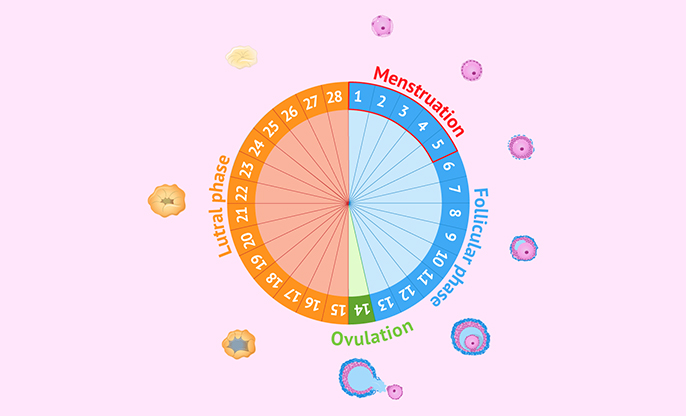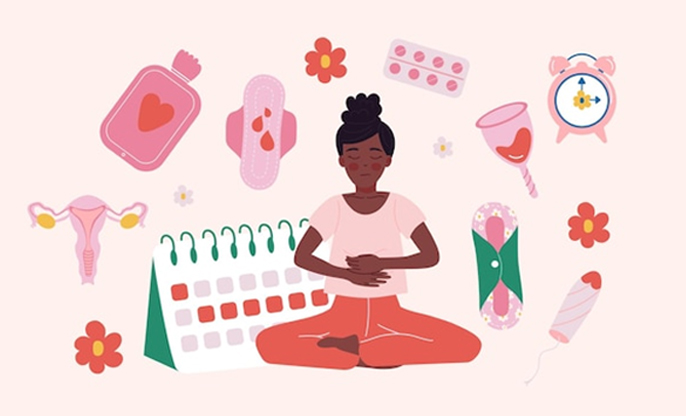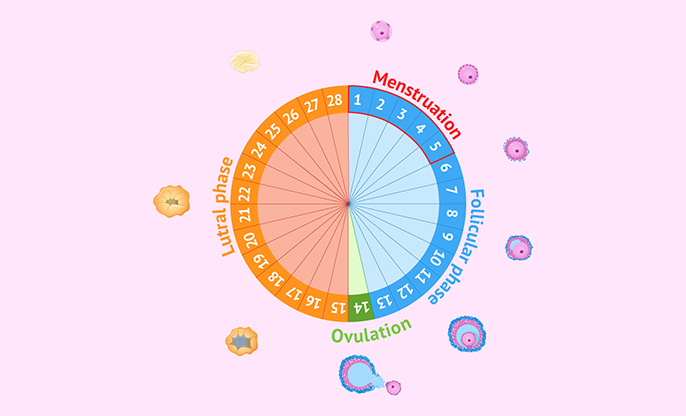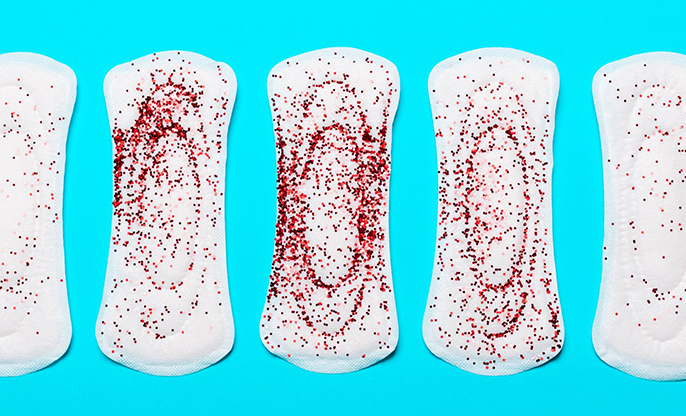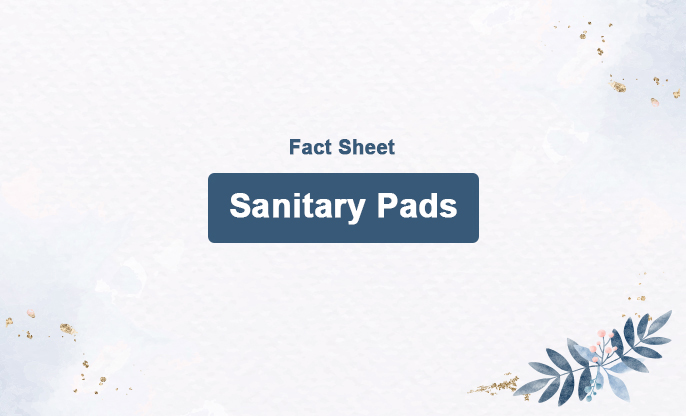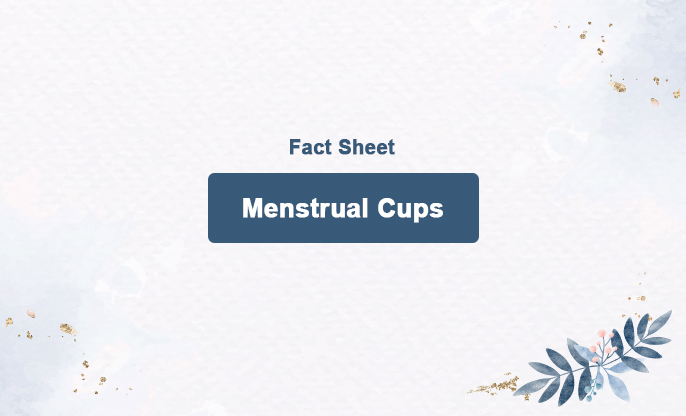
Understanding
the Psychological Impact
Menstruation, while a natural part of life, can bring with it not just physical discomfort but deep psychological challenges. The connection between our menstrual health and mental well-being is significant yet often goes unaddressed. Here, we dive into how menstrual issues can affect our mental state and explore ways to manage these challenges effectively.
Exploring the
Psychological Impact of Menstrual Problems
- Premenstrual Syndrome (PMS) and
Premenstrual Dysphoric Disorder (PMDD): Many of us
are familiar with PMS, but PMDD can take the emotional toll to another
level, with symptoms like intense anxiety, deep depression, irritability,
and mood swings. These can disrupt our daily life and deeply affect our
emotional landscape.
- Menstrual Pain and Mood: The pain
that often comes with periods, known as dysmenorrhea, can lead to
significant psychological distress. Constant, recurring pain can spark a
cycle of dread each month, heightening anxiety and potentially leading to
depression.
- Irregularities and Uncertainty: Conditions like PCOS and endometriosis not only cause physical symptoms but the unpredictability can also be mentally taxing. The stress of not knowing when or how severe your next period will be can leave you feeling anxious and out of control.
Addressing the
Psychological Impacts
- Medical Management:
Managing the physical aspects of menstrual disorders is crucial.
Treatments like hormonal therapies, pain management, or even surgery can
lessen physical symptoms, reducing the mental strain they cause. For those
of us struggling severely with PMS or PMDD, medications like
antidepressants during certain times of the cycle can be a game-changer.
- Psychological Therapy: Therapies like
Cognitive-Behavioral Therapy (CBT) can be incredibly effective in managing
the emotional symptoms that come with menstrual issues. Therapy provides
tools to cope with anxiety, depression, and mood fluctuations.
- Lifestyle Modifications: Staying
active, eating well, and getting enough sleep are foundational for good
mental health. Activities like exercise release endorphins which not only
improve mood but can also ease pain. Techniques like mindfulness and yoga
can also be very calming and helpful.
- Social Support and Education: Talking
openly about menstruation can help break down the stigma and make the
topic less isolating. Support from our circles and better education for
everyone can cultivate understanding and empathy.
- Integrated Care: It's important for healthcare providers to take a holistic approach that considers both the physical and psychological impacts of menstrual issues. Integrating mental health care with gynecological treatment ensures comprehensive support, tailored to our needs.
Recognizing and tackling the psychological effects of menstrual problems can significantly improve our overall well-being. By arming ourselves with knowledge, support, and appropriate care, we can face these challenges head-on and support each other in leading healthier, more empowered lives. As we move towards more open conversations about menstrual health, the emotional burdens associated with it can be greatly alleviated, allowing us to thrive.
